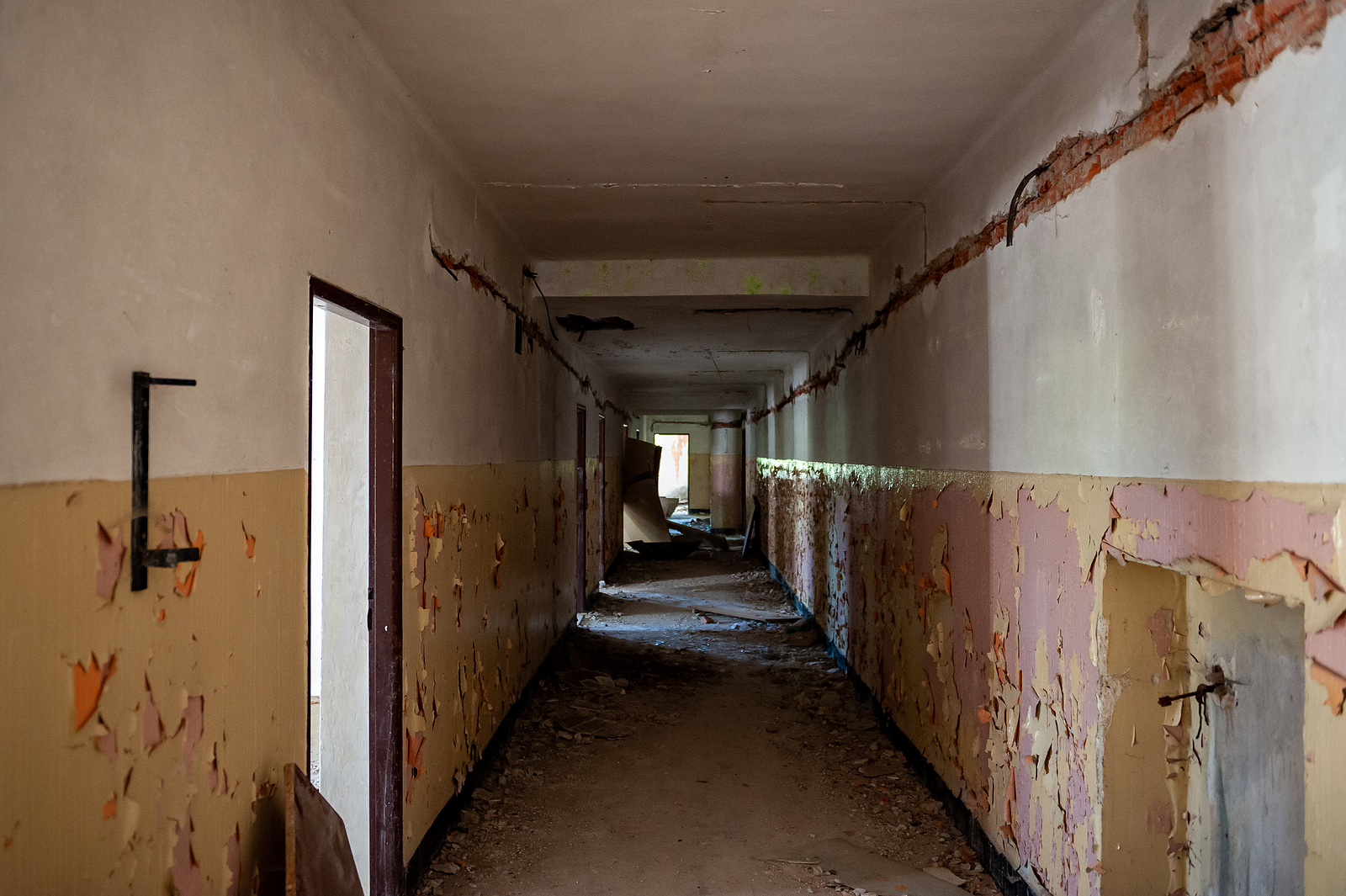While most businesses operate in a responsible manner, some do not and become a nuisance to the community. Some complaints received from citizens are relatively minor, such as the accumulation of junk and debris, or allowing grass and weeds to grow to an excessive height. Other complaints may be of a much more serious nature, such as public urination and illegal drug sales in a bar parking lot. Citizens and elected officials can become frustrated if these nuisances are not dealt with in a swift and efficient manner.
Business Nuisances
Like all property nuisances, the city needs to first establish a plan for dealing with business nuisances. The first step in the plan should be to enact detailed city code provisions that allow the city to deal swiftly with problems. Iowa law specifically allows cities to require the abatement of a public or private nuisance in any reasonable manner (see Code of Iowa Section 364.12(3)(a)).
The city code should have detailed language which will facilitate clarity in dealing with the nuisance. For example, although the City of Des Moines has a number of provisions which describe nuisances, explicit language in this ordinance has allowed Des Moines to deal with neighborhood problems created by certain businesses. There are 29 subsections in City of Des Moines code section 42-348 which describe particular nuisances in detail:
Sec. 42-348. Specifically identified nuisances.
Specifically identified nuisances include the following:
Businesses, the operation or maintenance of which adversely impacts nearby residential or commercial uses and which:
- Jeopardizes or endangers the public health or safety, or the health or safety of persons residing or working on the premises or in the surrounding area
- Has resulted in or facilitated any of the following activities: disturbances of the peace, illegal drug activity including sales or possession thereof, public drunkenness, drinking in public, harassment of passersby, gambling, prostitution, sale of stolen goods, public urination, theft, assaults, batteries, acts of vandalism, excessive littering, illegal parking, excessive noise (particularly between the hours of 11:00 p.m. and 7:00 a.m.), noxious smells or fumes, traffic violations, or police detention, citations or arrests
- Violates any other section of this article or any other city, state or federal regulation, ordinance or statute
- Erecting or using any building or place for the exercise of any trade, employment, or manufacture, which by occasioning noxious exhalations, offensive smells, or other annoyances that constitute a threat to the public health, safety or welfare.
- Signs accessible to the general public containing obscene statements, words, or pictures.
The ordinance can provide that owners, agents, contract buyers or tenants are jointly and individually responsible for abatement of nuisances, and if the city seeks to impose that liability, all should be given notice.
Alternative Methods for Abating Nuisances
The city code should provide alternative methods for dealing with nuisances, to allow different approaches to be taken depending upon the nature or severity of the nuisance. Not every nuisance requires the city to go to court to seek an injunction, but some nuisances need to be dealt with more quickly than the months that a court action will take.
An administrative process may provide sufficient incentive for a business property owner to clean up junk and debris, or to mow tall grass and weeds. A typical administrative process will provide for the city to abate the nuisance if the property owner fails to do so within a specified number of days, and to assess the costs of abatement against the property to be collected in the same manner as property taxes.
In addition to an administrative process, the city code should provide for the filing of a civil court action for abatement of the nuisance, recovery of abatement costs, and in an appropriate case, a civil penalty if authorized under Code of Iowa Section 364.22. While not all nuisance cases are appropriate for the filing of a municipal infraction, cities can provide in their city code that a violation of a city ordinance is a municipal infraction, punishable by a civil penalty up to $750 for each violation or up to $1,000 for a repeat offense. The city code can also provide for dealing with a nuisance which constitutes an emergency by immediate abatement.
Initiating Nuisance Actions
All actions will likely include an initial notice to be served on the property owner. The notice should be served after an appropriate investigation has taken place. Depending upon the nature of the particular nuisance, digital photographs may be sufficient, high definition movies of action on the business premises might be required, or in other instances, it may be necessary to take detailed statements from neighbors to obtain sufficient information about the problem. Remember, the city must be prepared to present evidence in court to prove that the nuisance complained of exists.
The notice should include information such as:
- A description of the conditions that constitute the nuisance, including the specific location
- A statement that the person responsible for the presence of the nuisance must correct it within a specific and reasonable time stated in the notice
- A statement of the consequences if the nuisance is not abated in that time period, which could be one of the following:
- The person notified is deemed liable for the nuisance
- The city may enter onto the property, abate the nuisance and assess the costs of abatement for collection in the same manner as a property tax, after an administrative hearing if requested or a court action, if applicable
- A civil action for abatement of the nuisance will be filed by the city
- A municipal infraction will be filed by the city, seeking a fine and abatement of the nuisance
- The notice should offer to hold an administrative hearing if requested by the property owner, which would typically occur when the owner disputes that a nuisance exists, or seeks additional time to abate the nuisance.
- The person notified is deemed liable for the nuisance
Dealing with Unresponsive Business Owners
Determining how to deal with an unresponsive business owner depends upon the process the city has elected to follow for the particular nuisance. If the city has elected to follow the administrative process described above, and the owner has failed to abate the nuisance, then the city may take action to abate the nuisance. After the nuisance has been abated, the city may assess the costs against the property for collection in the same manner as a property tax, or may choose to file a civil lawsuit against the property owner to collect those costs. Notice of the cost of abating the nuisance should be provided to the property owner before the costs are assessed. The notice should offer to hold an administrative hearing if requested by the property owner, which would typically occur when the owner disputes the amount of costs claimed by the city for abating the nuisance.
Alternatively, the city may file a civil lawsuit against the property owner seeking a court order to abate the nuisance, or may in a proper case file a municipal infraction against the property owner. In both of those cases the matter will proceed to court.
Contact your city attorney for guidance in preparing a nuisance abatement policy, for assistance in preparing any needed city code changes, and for assistance in the enforcement of the nuisance abatement policy.






